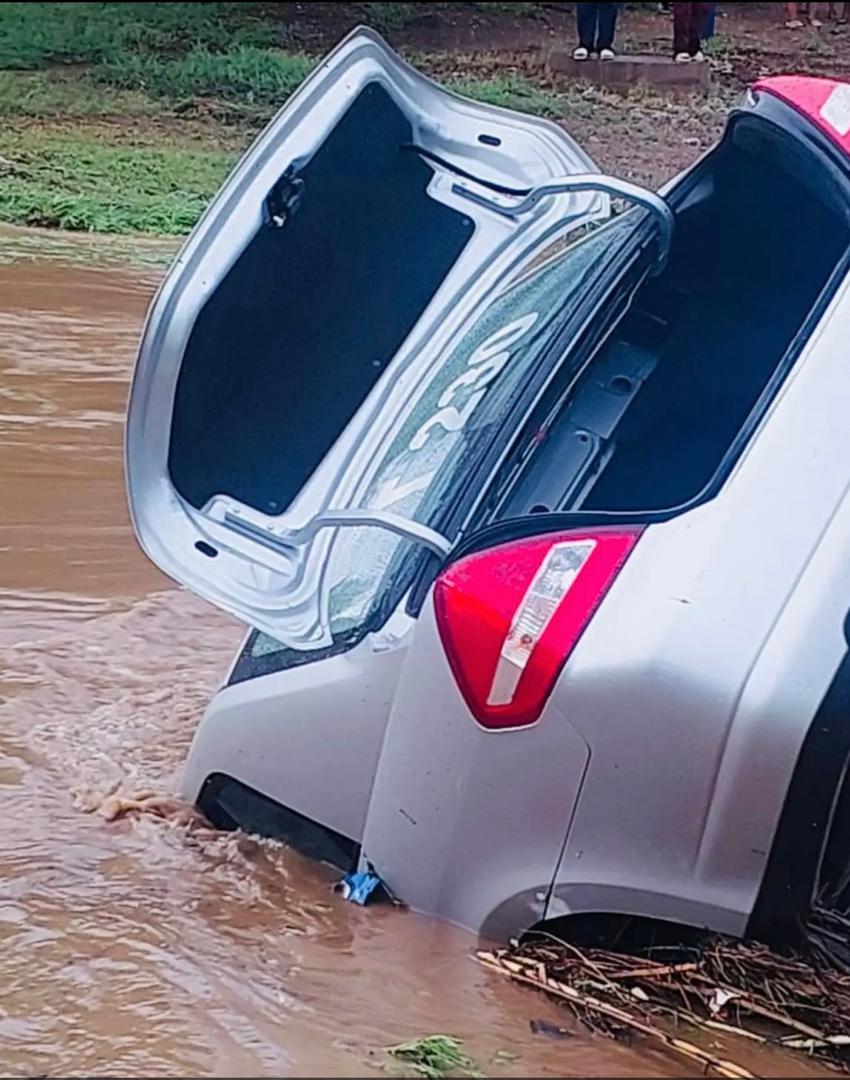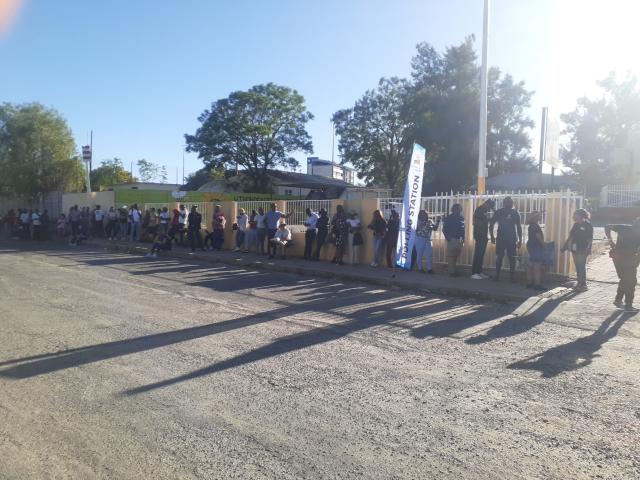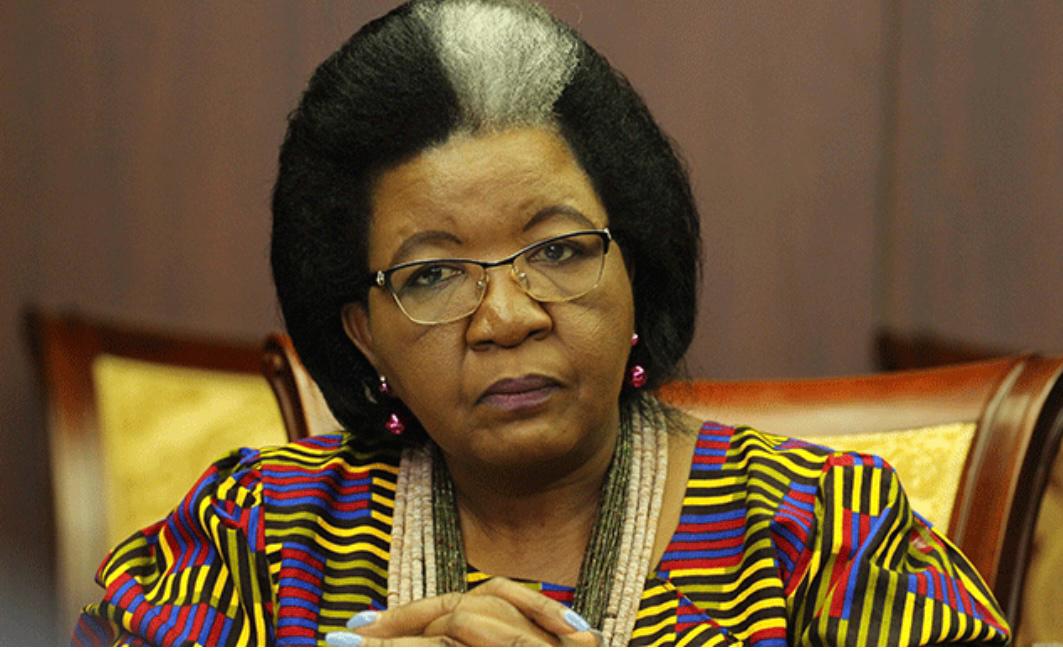LONDON – Concerns are growing over the impact of bloody clashes between Georgia and Russia on a key oil pipeline through the region from the Caspian Sea to the West, analysts say.
While Georgia does not produce oil itself, US and European energy firms have counted on the pro-Western country – sandwiched between Russia and Iran further south – to host a conduit for oil and gas exports from Azerbaijan. Since President Mikheil Saakashvili took power in 2004 two new pipes have been built, and the explosion of violence between Georgia and huge northern neighbour is threatening those, notably the Baku-Tbilisi-Ceyhan (BTC) pipeline.As if vindicating those concerns, the head of Azerbaijan’s state oil company said on Saturday that oil exports had been halted via the Georgian ports of Batumi and Kulevi due to the clashes over the breakaway region of South Ossetia.That announcement came shortly after Georgian Prime Minister Lado Gurgenidze said that Russian warplanes had staged a raid near the 1 774-kilometre BTC pipeline, the world’s second longest.But British oil giant BP downplayed that report, saying it could not confirm any such Russian bombing.”We are not aware of that and I think we probably would be if it were true,” said a spokesman.CASPIAN CONNECTION Inaugurated in 2006, the pipeline which carries oil from Azerbaijan on the shores of the Caspian to Western markets via the Turkish Mediterranean port of Ceyhan.It is capable of transporting 1,2 million barrels a day.BP has a 30 per cent stake in the pipeline, which cost three billion dollars to build, along with some 10 other partners including US oil groups Chevron and ConocoPhillips.Transporting oil through the Caucasus is designed to make the West less dependent on supplies from Russia, which has shown worrying willingness to close the taps in disputes with other ex-Soviet states in recent years.But Paul Stevens, oil analyst with the Chatham House think tank in London, said the possible threat to the BTC pipe is unlikely to scare oil markets in the short term.The pipeline has in any case been out of action since last week due to an explosion in eastern Turkey for which Kurdish separatists claimed responsibility, he explained.”Even if the pipe is out of action for a week or two weeks it’s very unlikely that this would have much effect on global oil supplies,” he told Sky News television.BP is also the operator of the South Caucasus pipeline, a 692 kilometre long conduit transporting gas from Azerbaijan’s vast Shah Deniz offshore field via Georgia to the Turkish border.Analyst Natalia Leshchenko of Global Insight said the current conflict should have little effect on the pipelines in the immediate future.”The task of the Russian forces at present is to ensure control of South Ossetia….The pipelines would be in danger only if the war escalated,” she told AFP.But she added: “If Russia started an economic blockade, then it might target the pipelines.”Russian armed forces denied Sunday imposing a naval blockade on arms shipments into Georgia’s Black Sea ports.Michael Denison of Leeds University, an associate fellow of Chatham House, said it was unlikely Russia would threaten the BTC pipeline.”Attempts to take control of that pipeline would be extreme,” he said.While the threat to the pipelines is considered relatively low, analysts agree that the Georgian conflict could discourage investment in the Caspian region.”The conflict is going to cause people to think twice about investing in the oil industry in the Caspian region, if it’s in the middle of a war zone,” said Stevens.Nampa-AFPSince President Mikheil Saakashvili took power in 2004 two new pipes have been built, and the explosion of violence between Georgia and huge northern neighbour is threatening those, notably the Baku-Tbilisi-Ceyhan (BTC) pipeline.As if vindicating those concerns, the head of Azerbaijan’s state oil company said on Saturday that oil exports had been halted via the Georgian ports of Batumi and Kulevi due to the clashes over the breakaway region of South Ossetia.That announcement came shortly after Georgian Prime Minister Lado Gurgenidze said that Russian warplanes had staged a raid near the 1 774-kilometre BTC pipeline, the world’s second longest.But British oil giant BP downplayed that report, saying it could not confirm any such Russian bombing.”We are not aware of that and I think we probably would be if it were true,” said a spokesman.CASPIAN CONNECTION Inaugurated in 2006, the pipeline which carries oil from Azerbaijan on the shores of the Caspian to Western markets via the Turkish Mediterranean port of Ceyhan.It is capable of transporting 1,2 million barrels a day.BP has a 30 per cent stake in the pipeline, which cost three billion dollars to build, along with some 10 other partners including US oil groups Chevron and ConocoPhillips.Transporting oil through the Caucasus is designed to make the West less dependent on supplies from Russia, which has shown worrying willingness to close the taps in disputes with other ex-Soviet states in recent years.But Paul Stevens, oil analyst with the Chatham House think tank in London, said the possible threat to the BTC pipe is unlikely to scare oil markets in the short term.The pipeline has in any case been out of action since last week due to an explosion in eastern Turkey for which Kurdish separatists claimed responsibility, he explained.”Even if the pipe is out of action for a week or two weeks it’s very unlikely that this would have much effect on global oil supplies,” he told Sky News television.BP is also the operator of the South Caucasus pipeline, a 692 kilometre long conduit transporting gas from Azerbaijan’s vast Shah Deniz offshore field via Georgia to the Turkish border.Analyst Natalia Leshchenko of Global Insight said the current conflict should have little effect on the pipelines in the immediate future.”The task of the Russian forces at present is to ensure control of South Ossetia….The pipelines would be in danger only if the war escalated,” she told AFP.But she added: “If Russia started an economic blockade, then it might target the pipelines.”Russian armed forces denied Sunday imposing a naval blockade on arms shipments into Georgia’s Black Sea ports.Michael Denison of Leeds University, an associate fellow of Chatham House, said it was unlikely Russia would threaten the BTC pipeline.”Attempts to take control of that pipeline would be extreme,” he said.While the threat to the pipelines is considered relatively low, analysts agree that the Georgian conflict could discourage investment in the Caspian region.”The conflict is going to cause people to think twice about investing in the oil industry in the Caspian region, if it’s in the middle of a war zone,” said Stevens.Nampa-AFP
Stay informed with The Namibian – your source for credible journalism. Get in-depth reporting and opinions for
only N$85 a month. Invest in journalism, invest in democracy –
Subscribe Now!








